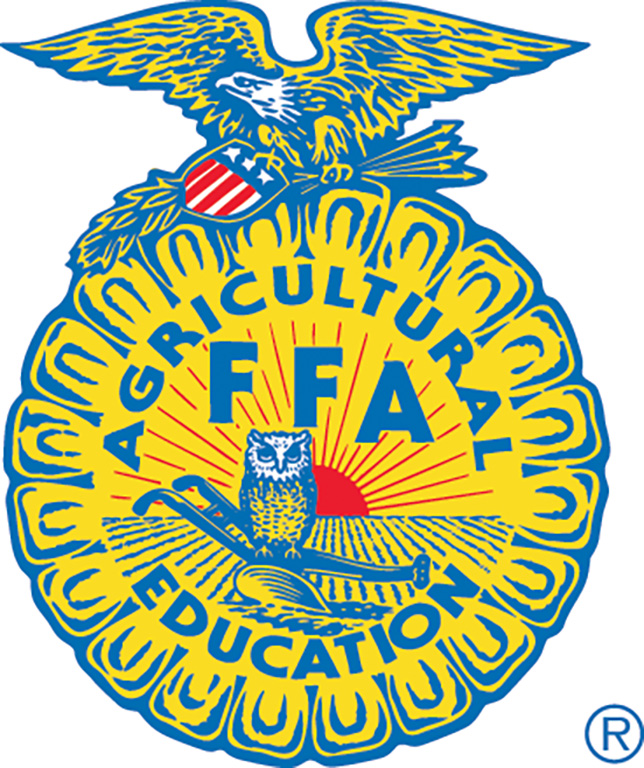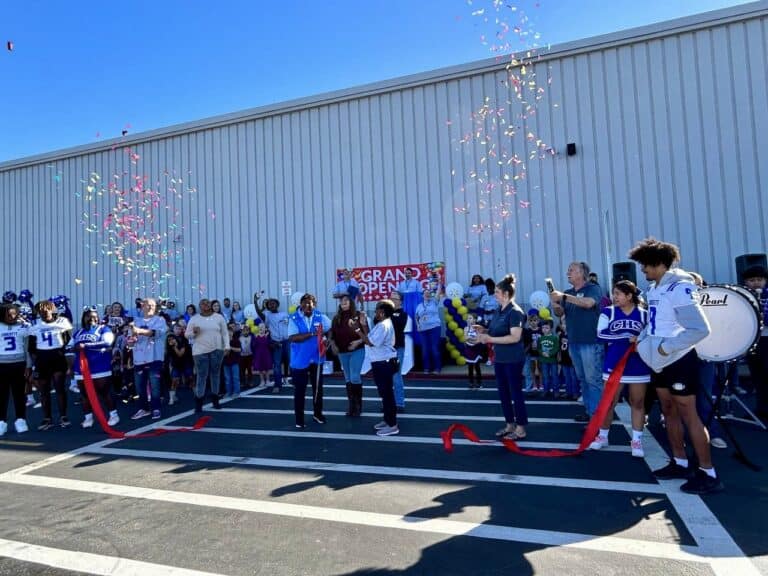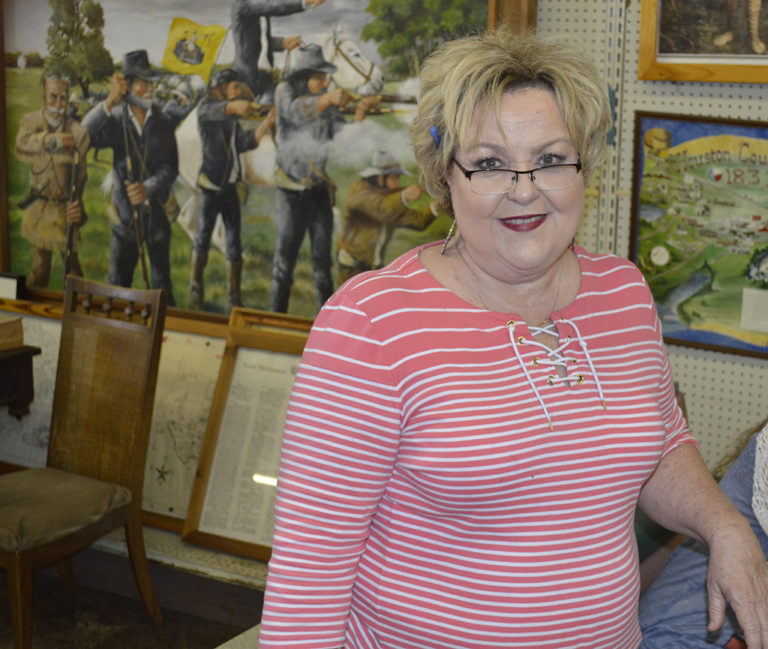FFA: Where Would the World Be Without It?

By Sarah Naron
Messenger Reporter
With National FFA Week in full swing, Ag teachers throughout the local area took a moment to ponder on where the world would be if there were no FFA organizations.
“I would like to think that a lot of our leadership wouldn’t be as broad and we wouldn’t have as many leaders,” said Gary Graham of Grapeland High School. “That’s one of the things that FFA prides itself on, is teaching leadership skills and helping the kids that would like to be leaders higher up to further their leadership opportunities.”
Graham also credited the FFA with sparking an early interest in agriculture and a “natural curiosity” which may lead kids participating in the organization to pursue fields such as agriculture research. FFA also plays a vital role in preparing members for their future careers and helping them “advance through those careers a little faster because of some of the things that they’ve learned,” Graham said.
“I know I’ve had a lot of past students that are doing everything from full-time cowboys to welders to working in banking and lending,” Graham said. “I’ve even had some that I’ve worked with that are into politics and stuff. So, I’ve had a wide range, and I would like to think that a lot of the things they’ve done here helped them get to that point.”
Larry Langford, an Ag instructor at Latexo High School, cited the most important aspect of the FFA is teaching its participants responsibility.
“I think we’d probably see an increase in the number of young people who are without direction; who don’t know what they want to be or where they want to go or how to get there,” Langford said when asked to imagine the world with no FFA.
Ed Gibson, Ag instructor at Elkhart High School, predicted that the world “would be in bad shape” without FFA.
“We wouldn’t be training the next generation of people that would be doing farming or working on your vehicles or any other type of CTE type traits that are used in the world and needed in the world,” he pointed out.
“Some of the most important things they can learn is leadership, accountability, a sense of ownership and pride in their work and what they do,” he said of the students who participate in the organization.
Sarah Naron may be reached via email at [email protected].





